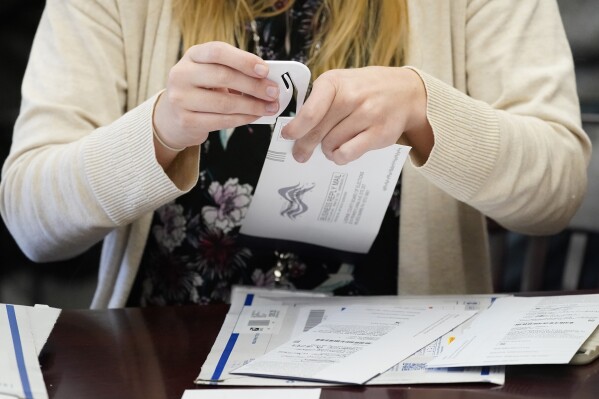The Federal Trade Commission adopted a final rule Wednesday that will require businesses to make it easy for consumers to cancel unwanted subscriptions and memberships.
The “click-to-cancel” rule will prohibit retailers and other businesses from misleading people about subscriptions and require them to obtain consumers’ consent before charging for memberships, auto-renewals and programs linked to free trial offers.
The FTC said businesses must also disclose when free trials or other promotional offers will end and let customers end recurring subscriptions as easily as they started them. Most of the provisions take effect effect 180 days after the rule is published in the Federal Register, the agency said.
“Too often, businesses make people jump through endless hoops just to cancel a subscription,” FTC Chair Lina Khan said in a statement. “The FTC’s rule will end these tricks and traps, saving Americans time and money. Nobody should be stuck paying for a service they no longer want.”
The Biden administration included the FTC’s proposal as part of its “Time is Money” initiative, a government-wide initiative that was announced in August with the aim of cracking down on consumer-related hassles. The initiative featured new regulations and the promise of more for industries spanning health care and fitness memberships to media subscriptions.
The U.S. Chamber of Commerce criticized the administration’s approach, saying in August that “heavy-handed regulations that micromanage business practices” will lead to higher costs for consumers.
Vice President Kamala Harris, the Democratic nominee for president, highlighted the “click-to-cancel” rule last month as a policy she would pursue if elected.
FTC commissioners passed the final rule on a 3-2 vote. The agency, which initiated the rule in March, said it received more than 16,000 comments on the proposal, including from consumers, consumer advocacy groups and trade associations.
The Biden administration has also targeted hidden and bogus junk fees, which can mask the total cost of concert tickets, hotel rooms and utility bills.
Haleluya covers Amazon, retail and technology.Disclaimer: The copyright of this article belongs to the original author. Reposting this article is solely for the purpose of information dissemination and does not constitute any investment advice. If there is any infringement, please contact us immediately. We will make corrections or deletions as necessary. Thank you.



